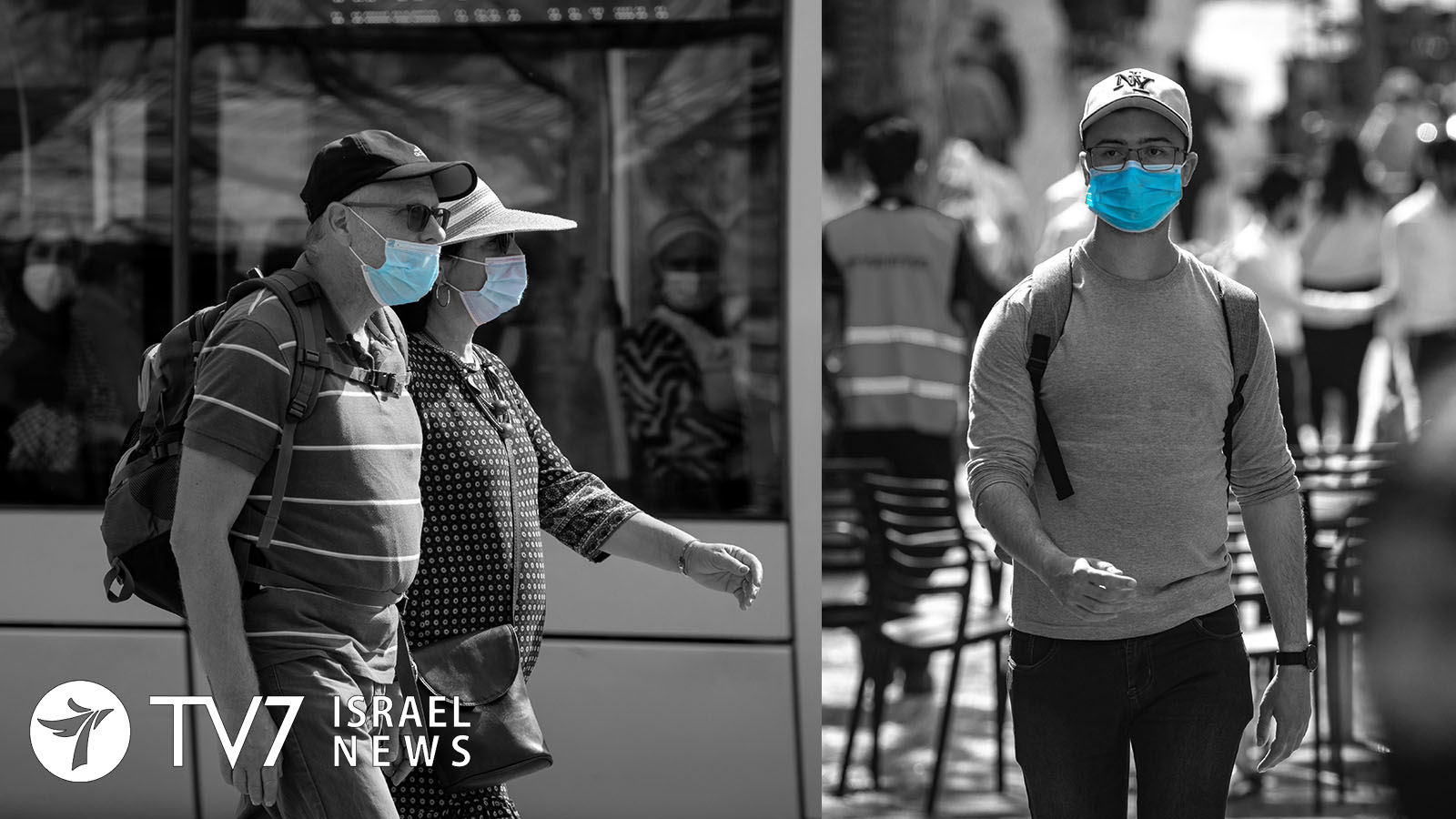Israelis are no longer required to wear face masks indoors starting today, signaling the end of one of the country’s last remaining restrictions as new COVID-19 infections continue to wane.
The mandate went into effect today, following the signing of an amendment to the Public Health Order by Health Ministry Director General Prof. Chezy Levy last night.
For the first time in a year and 3 months, children attended class while their parents went to work without covered faces. Stores, businesses and other private, commercial, educational and entertainment ventures with enclosed public spaces can now resume pre-pandemic operations.
Masks must still be worn, however, by unvaccinated patients or staff in medical facilities or assisted-living homes for the elderly, people en route to quarantine and passengers on commercial flights. The Health Ministry said that has published a list of detailed guidelines for health institutions to specify when masks must be worn.
Even though commuters are not obliged to wear masks on public transportation, Prof. Levy advised it would be “wise” to continue doing so in closed, crowded and unventilated areas.
As the world leader in vaccination campaigns, about 55% of Israel’s entire 9.3 million population are fully inoculated. Data shows that Israel has logged none or 1 daily COVID-19 deaths this month, with new infections6continuing decrease gradually after the steep descent in February and March.
Israel dropped the requirement compelling the wearing of masks outdoors at the same time schools fully reopened on 18 April.
The IDF, which was the first defense organization in the world to vaccinate the entirety of its ranks, also dropped its mask-wearing mandate today; while confirming there are no active cases in the Israeli military.
It has also been announced that all branches of the country’s banking system will resume routine operations 30 June, including in-person services without pre-set appointments.
6,430 Israelis died of the disease during the pandemic. There are currently 231 active cases, of which 30 are considered serious.
